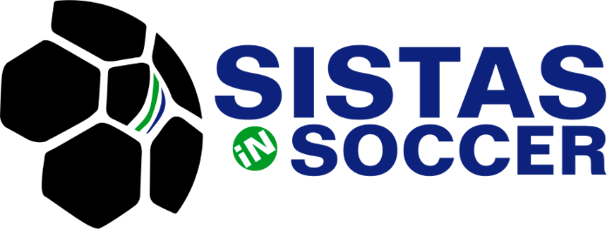Rowan’s Law
Rowan’s Law: Concussion safety
Rowan’s Law Concussion Awareness Resources
About concussions
A concussion is a brain injury. It can’t be seen on X-rays, CT scans or MRIs. It may affect the way a person thinks, feels and acts.
Any blow to the head, face or neck may cause a concussion. A concussion may also be caused by a blow to the body if the force of the blow causes the brain to move around inside the skull. A concussion can happen to anyone – anywhere – including:
- at home, school or your workplace
- following a car, bike or pedestrian accident
- from participating in games, sports or other physical activity
A concussion is a serious injury. While the effects are typically short-term, a concussion can lead to long-lasting symptoms and even long-term effects.
There are many signs and symptoms of a concussion to look out for, including:
-
- headache
- dizziness
- ringing in the ears
- memory loss
- nausea
- light sensitivity
- drowsiness
- depression
If you notice signs of a concussion in others, or experience any of these symptoms yourself, consult with a physician or nurse practitioner.
Concussion Code of Conduct for Athletes
Sistas in Soccer is committed to participate in Rowan’s Law (implemented July 2019) for education and acknowledgement for athletes and officials for concussion protocol and safety.
I will help prevent concussions by:
- Wearing the proper equipment for my sport and wearing it correctly.
- Developing my skills and strength so that I can participate to the best of my ability.
- Respecting the rules of my sport or activity.
- My commitment to fair play and respect for all* (respecting other athletes, captains, and officials).
I will care for my health and safety by taking concussions seriously, and I understand that:
- A concussion is a brain injury that can have both short- and long-term effects.
- A blow to my head, face or neck, or a blow to the body that causes the brain to move around inside the skull may cause a concussion.
- I don’t need to lose consciousness to have had a concussion.
- I have a commitment to concussion recognition and reporting, including self-reporting of possible concussion and reporting to a designated person when and individual suspects that another individual may have sustained a concussion.* (Meaning: If I think I might have a concussion I should stop participating in further training, practice or competition immediately, or tell someone if I think another athlete has a concussion).
- Continuing to participate in further training, practice or competition with a possible concussion increases my risk of more severe, longer lasting symptoms, and increases my risk of other injuries.
I will not hide concussion symptoms. I will speak up for myself and others.
- I will not hide my symptoms. I will tell a captain, official, or someone else I trust if I experience any symptoms of concussion.
- If someone else tells me about concussion symptoms, or I see signs they might have a concussion, I will tell a captain, official, or someone else I trust so they can help.
- I understand that if I have a suspected concussion, I will be removed from sport and that I will not be able to return to training, practice or competition until I undergo a medical assessment by a medical doctor or nurse practitioner and have been medically cleared to return to training, practice or competition.
I will take the time I need to recover, because it is important for my health.
- I understand my commitment to supporting the return-to-sport process.
- I understand I will have to be medically cleared by a medical doctor or nurse practitioner before returning to training, practice or competition.
- I will respect my captains, health-care professionals, and medical doctors and nurse practitioners, regarding my health and safety.
